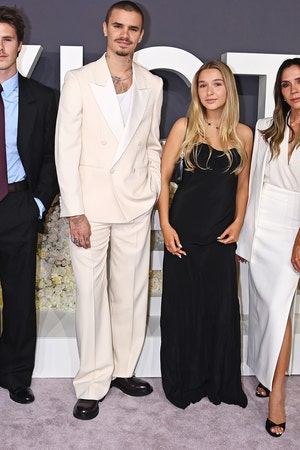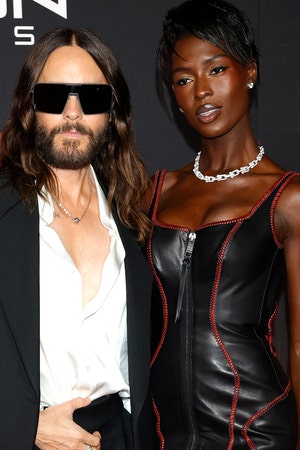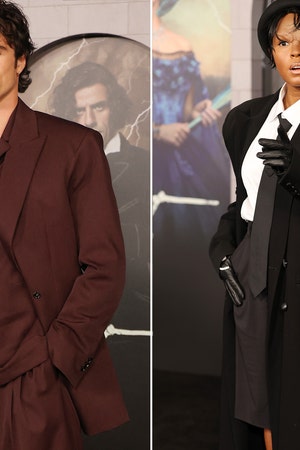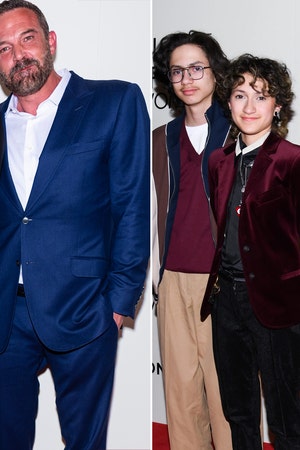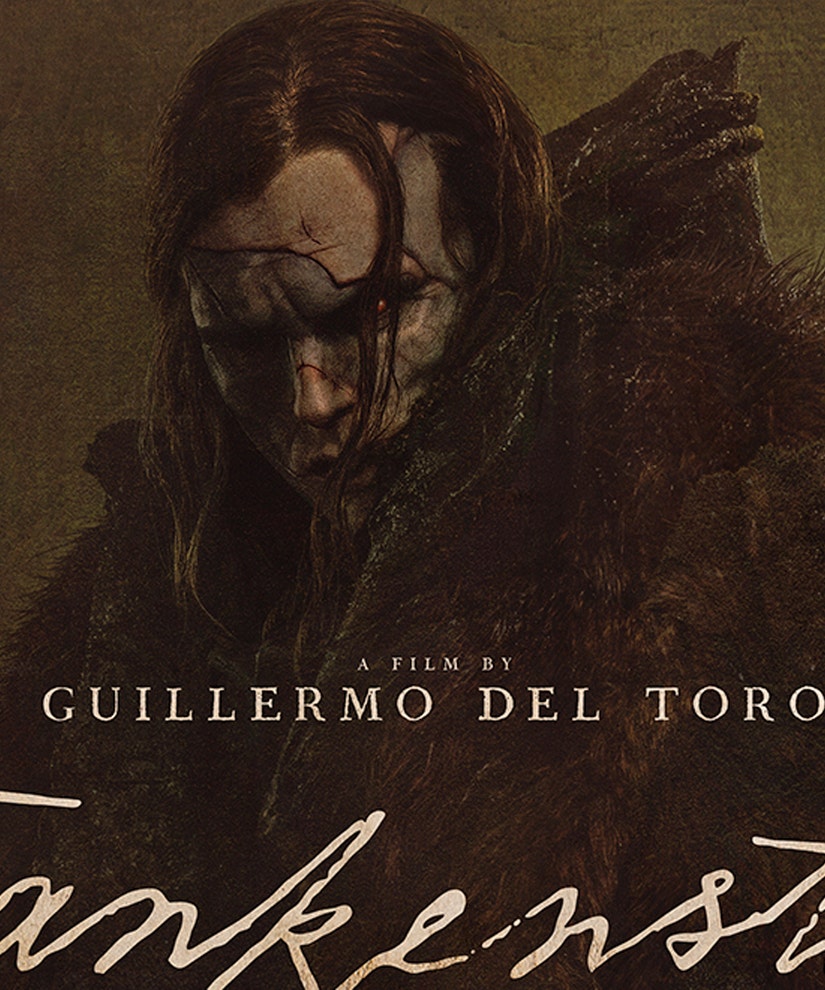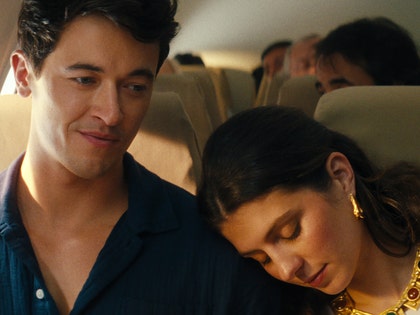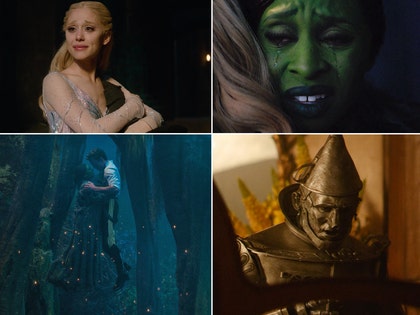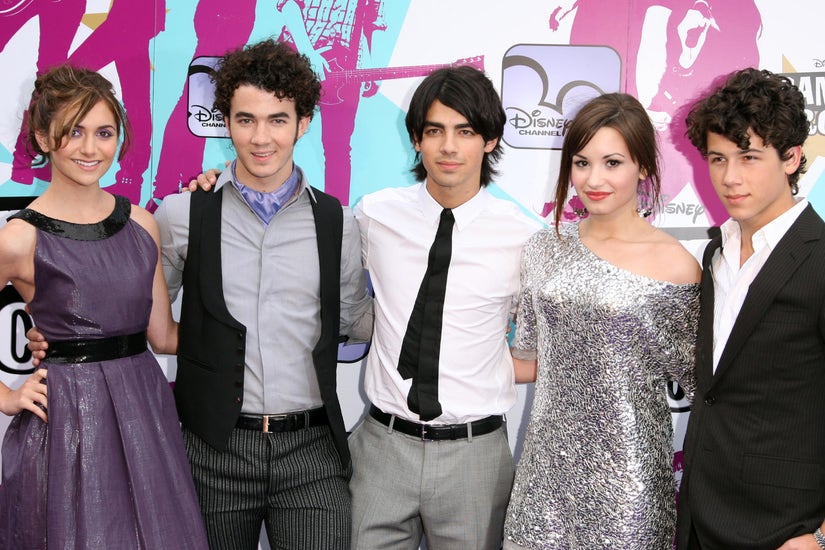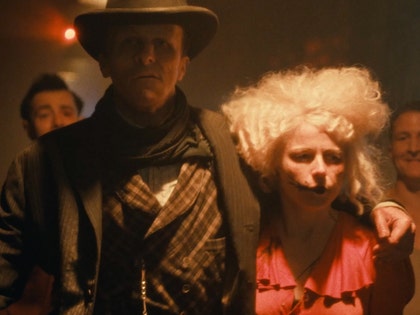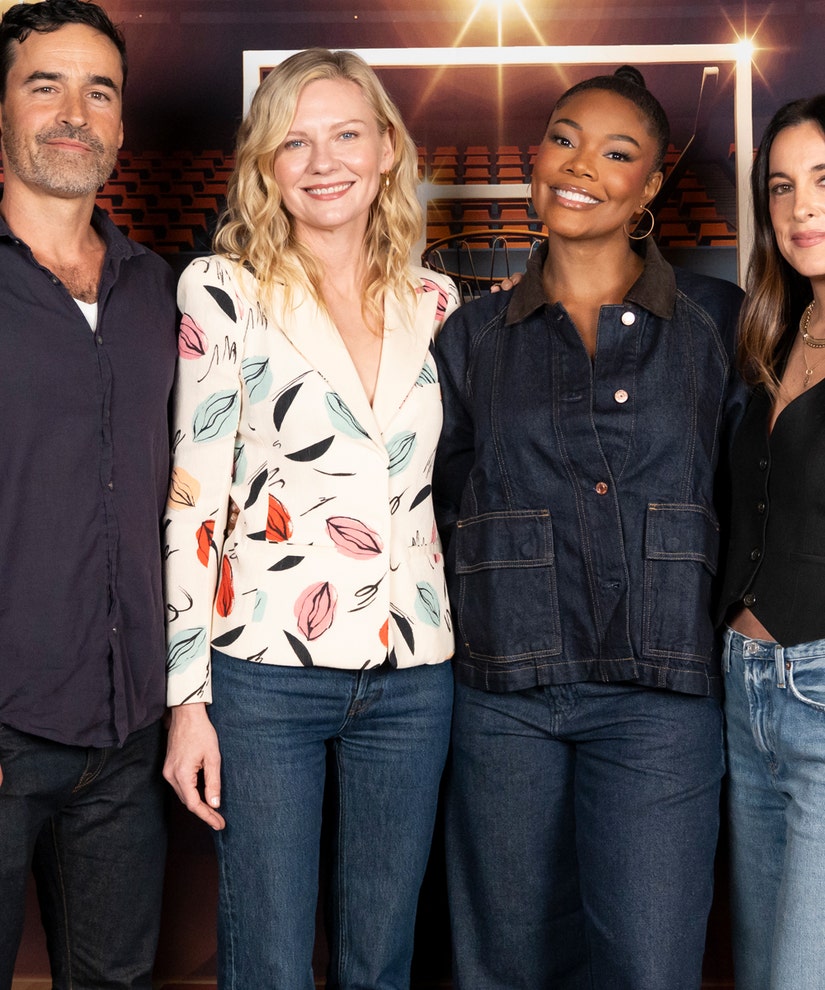 Getty
Getty
Seeing all "moving images" as "content" means there's no difference between "a David Lean movie, a cat video, a Super Bowl commercial, a superhero sequel, a series episode."
First, he was riling up Marvel fans by saying the films of the MCU are "not cinema." But revered director Martin Scorsese had not even begun to rail against the current state of the movie industry -- or the "mass visual entertainment business," has he now calls it.
It's not just that tentpole projects and big-budget Hollywood extravaganzas seem to be the only types of projects that get support from theatrical film producers these days, it's that the venues remaining to the auteur -- television and streamers -- have a "content" problem.
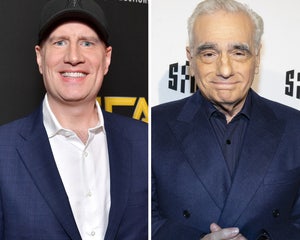 Getty
Getty
Marvel's Kevin Feige Finally Responds to Scorsese's Attack on Superhero Films
View StoryThe problem is that they see everything as "content," quantifiable and valuated based on algorithms rather than any true perception of their artistic value or merit. It's all about numbers of eyeballs and revenue. In other words, it's business.
"As recently as fifteen years ago, the term ‘content’ was heard only when people were discussing the cinema on a serious level, and it was contrasted with and measured against ‘form,'" Scorsese penned in a new op/ed for Harper's Magazine.
"Gradually, it was used more and more by the people who took over media companies, most of whom knew nothing about the history of the art form, or even cared enough to think that they should," he continued.
Of course, movie studios have for decades been criticized by the very artists that make them money for turning the business of making art into ... well, a business. It's been a constant push-pull between the bean counters needing to turn a profit and those trying to express their vision.
 Everett Collection
Everett Collection
Why Salma Hayek Was 'Scared' Filming 'Desperado' Sex Scene: 'I Started Crying'
View StoryBut Scorsese feels this latest evolution has created an even greater disconnect between the film creators and the "content" distributers. As he put it, in the eyes of these companies that are looking at their bottom line, there is no difference between "a David Lean movie, a cat video, a Super Bowl commercial, a superhero sequel, a series episode."
All have the potential to put eyeballs on the screen. And whichever one draws more eyes is clearly the stronger "content." But is it better art? Is there still value in artistic curation in a "content"-driven model?
"If further viewing is ‘suggested’ by algorithms based on what you’ve already seen, and the suggestions are based only on subject matter or genre, then what does that do to the art of cinema?" Scorsese mused.
He knows that streaming services like Netflix and Amazon have been lifelines for indie filmmakers and even directors like him who have found the types of movies they make frowned upon by the traditional studios (another issue of them choosing a certain type of "content" over another).
 Warner Bros.
Warner Bros.
David Fincher Calls Joaquin Phoenix's Oscar-Winning Joker 'Betrayal of the Mentally Ill'
View StoryHis problem is that the greatest directors of our generation could get lost in the shuffle of these "content" behemoths because they're not particularly valued over any other piece of "content" on the service.
"We can’t depend on the movie business, such as it is, to take care of cinema," he argued. "In the movie business, which is now the mass visual entertainment business, the emphasis is always on the word 'business,' and value is always determined by the amount of money to be made from any given property."
Scorsese says that it's up to the public to remind and urge these "content" collectors to respect some of what they have on their hands, whether it be new classics or true classics.
"We have to make it crystal clear to the current legal owners of these films that they amount to much, much more than mere property to be exploited and then locked away," he wrote. "They are among the greatest treasures of our culture, and they must be treated accordingly."
Got a story or tip for us? Email TooFab editors at tips@toofab.com.


